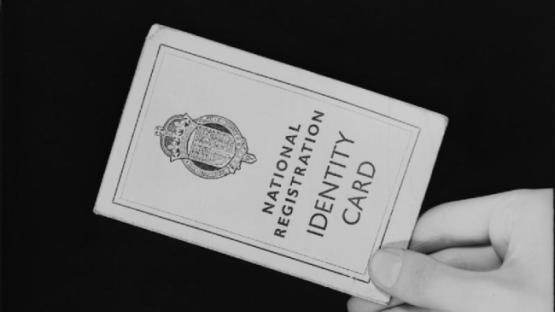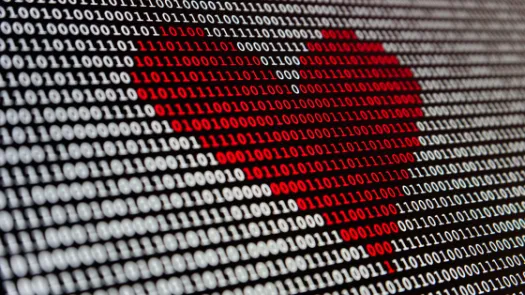Deja Vu: UK's Science and Technology Committee suggests that everyone is made to have a unique ID number

In July 2019, the UK House of Commons' Science and Technology Committee published a report on Digital Government. Lying not so subtlely amongst it's recommendations is this: "The Government should facilitate a national debate on single unique identifiers for citizens to use for accessing public services along with the right of the citizen to know exactly what the Government is doing with their data."
It's been pointed out that this is basically some of the worst features of an ID card without the card.
Britain has a history of opposition to these types of systems. As a British judge said in 1992, "if the information obtained by the police, the Inland Revenue, the social security services, the health service and other agencies were to be gathered together in one file, the freedom of the individual would be gravely at risk. The dossier of private information is the badge of the totalitarian state."
As the Science and Technology Committee pointed out in their report, the mid-2000s were a source of debate over the use of such unique identifiers in the ID number. The work conducted by the the London School of Economics at this time highlighted many of the concerns, including how this can be used to profile individuals across multiple datasets. This power to see the 360-degree view of the individual is ripe for abuse. Fear over these systems is not an abstract one, but rather are a part of the reality of life in the UK for many. See, for example, how the sharing of data between hospitals and schools with the Home Office facilitated the "hostile environment" policy that casued such damage.
The debate shouldn't be about having insight into how your identifier is used. It should be about making sure that identifiers are never usable.
After all, any unique identifier will not be limited to government use. Whether through design or commercial necessity, any such number will also find it's way into the private sector. This was another fear highlighted in the mid-2000s, but it has played out elsewhere. For example, the Indian Supreme Court, in their ruling on the Aadhaar system that provided a unique number to more than a billion people, that there were dangers of its use in the private sector: "Allowing private entities to use Aadhaar numbers will lead to commercial exploitation of an individual’s personal data without his/her consent and could lead to individual profiling."
Given everything that's happened since, the 13 years since the 2006 ID Card Act (that was repealed in 2010) can seem like a lifetime. But it's clear that the concerns expressed then remain prescient now. Now that we know so much more about the risks that the exploitation of people's data plays - and the targeting, profiling and manipulating of individuals and groups - we should be even more fearful today of such a system than we were a decade ago. Furthermore, it's been shown that we do not need such a unique identifier for people to securely access government services online, and it's on such concepts we must build going forward.
Soon, there will be a further consultaiton on the future of digitial identity in the UK. It's essential that our civil liberties are not infringed by these technologies, and that we do not take a step backwards through ideas like a single unique identification number. Rather, we should be looking at how we can further protect people while they access services going forward.
So our question in return to the committee is this: can they foresee an identity system, involving identifiers, that never get used to create hostile environments for migrants, that never target people on benefit, and that is never used by the private sector to profile and abuse people? Now that would be a fun debate.
[Image source: Imperial War Museum]



